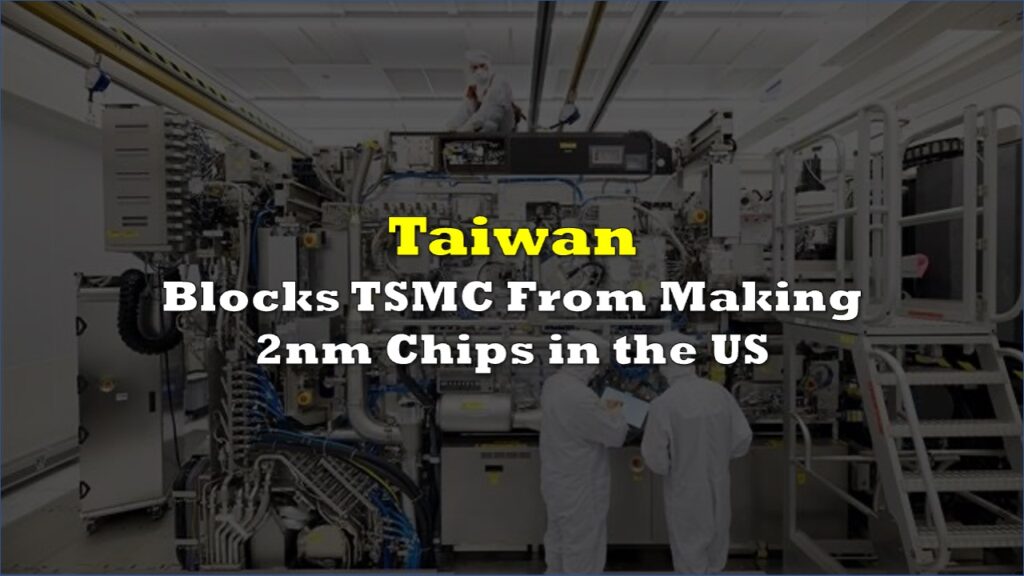Despite the lure of billions in subsidies from the CHIPS Act, several leading semiconductor manufacturers have postponed or scaled back plans for new factories in the United States. This of course is despite the legislation’s aim to bolster domestic chip production and reduce reliance on suppliers like Taiwan.
Intel recently put the brakes on a planned $20 billion factory in Columbus, Ohio. Taiwan Semiconductor Manufacturing Company (TSMC) has delayed production at its second Arizona plant originally slated for 2026. And Samsung just postponed starting construction on its $25 billion Texas facility.
The reason, according to Matt Cole and Chris Nicholson of investment firm Strive Asset Management in an op-ed on The Hill, is frustration with diversity, equity, and inclusion (DEI) requirements attached to the CHIPS Act funding.
The law contains 19 sections promoting DEI initiatives like prioritizing grants for “minority-serving institutions” and mandating plans to boost the participation of “underrepresented” groups in the semiconductor workforce.
Cole and Nicholson argue these DEI strings have significantly slowed the disbursement of CHIPS money as chipmakers must clear complicated bureaucratic hurdles. TSMC, for example, had to agree to rely more on local Arizona workers rather than skilled employees from Taiwan after backlash.
The authors contend national security is being endangered by subordinating semiconductor supremacy to DEI objectives. While the US pushes to diversify the chip workforce, strategic rivals like China are rapidly expanding military capabilities and advanced manufacturing.
Commerce Secretary Gina Raimondo has defended prioritizing an inclusive semiconductor pipeline, recently launching training at historically Black colleges funded by CHIPS grants. However, critics insist DEI compromises are allowing America to fall behind adversaries laser-focused on chip dominance over ideological aims.
However, trade expert Scott Lincicome argued on X that the op-ed is “a bit overdone,” and said that the facilities will likely still get built, “but they’ll just probably be costlier, slower, smaller, and less advanced bc of all the political strings, regulatory impediments, foreign subsidies, and other shenanigans.”
I tried to warn you. Repeatedly. https://t.co/PwxE3I6rht https://t.co/Kafgk9GzdY
— Scott Lincicome (@scottlincicome) March 9, 2024
But he believes that these DEI requirements could actually undermine the subsidies’ objectives. Lincicome writes on Cato Institute that these terms and conditions will “impose additional costs on subsidy recipients, potentially diverting finite resources—money, time, labor, etc.—away from producing more chips onshore and toward these other requirements.”
Information for this story was found via the sources and companies mentioned. The author has no securities or affiliations related to the organizations discussed. Not a recommendation to buy or sell. Always do additional research and consult a professional before purchasing a security. The author holds no licenses.









